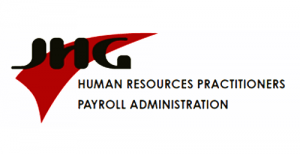Major Hazard Installation comes under a spotlight at Polokwane Labour Seminar
A seminar on Major Hazard Installation (MHI) was about the importance of all facilities told on Thursday holding Hazardous Chemicals Substances in large quantities to notify local authorities as well as the Department of Labour about their profiles.
Rachel Aphane, Specialist for Major Hazard Installation in the Department of Labour, was speaking at the MHI event organised by the department in Polokwane, attended by over 100 stakeholders from organised business, local authorities and members of the public.
“Such institutions must tell us about substances they are storing and attach risk assessment report from approved inspection authorities,” she said.
“The regulation and management of major hazard installation is our business. We are responsible for enforcing the Occupational Health and Safety Act and its Regulations. That means we have a duty to protect the health and safety of people at work and any person who can be affected by the activities of the workplace in a form of accidental release of chemicals that may result in inhalation, fire and explosions-leading to serious danger to human beings and the environment.”
MHI is an installation that processes, produces, handles, manufactures and stores any substance or a combination of substances in any form that may pose a catastrophic risk to the employees and the public.
She cited examples of Bhopal in India where chemical explosion in 1984 killed over 3000 people and caused lasting health ailment to thousands of people. Linda Grundlingh, Field Manager: Inspection from the South Africa National Accreditation System (SANAS) advised all the attendees to ensure that they use only Risk Assessors who are accredited by SANAS and approved by the Department of Labour as Approved Inspection Authorities (AIA) because many companies are now relying on accreditation as a means of determining technical competence and legal compliance.
On risk identification, Debbie Mitchel, a representative from Institute for Health Safety and Environment Consultation (ISHECON), told the audience about the importance of conducting risk assessment regularly.
She also stated that Risk assessment is a process of collecting, organising, analysing, interpreting, communicating and implementing information in order to identify the probable frequency, magnitude and nature of any major incident which could occur at a major hazard installation, and the measures required to remove, reduce or control the potential causes of such an incident.”



